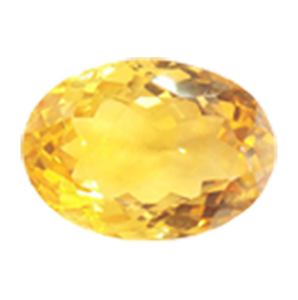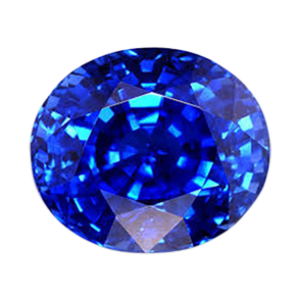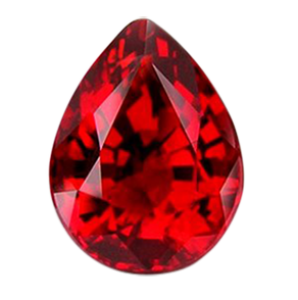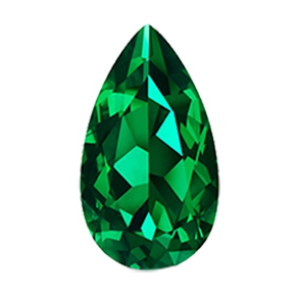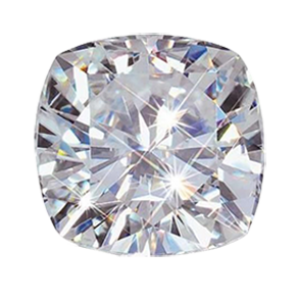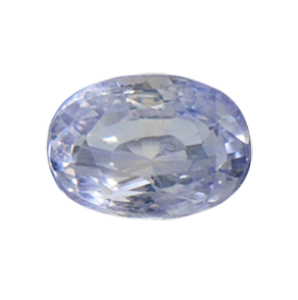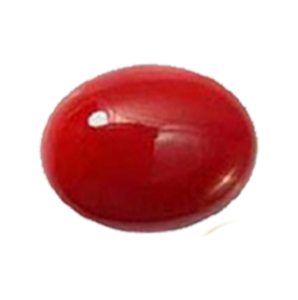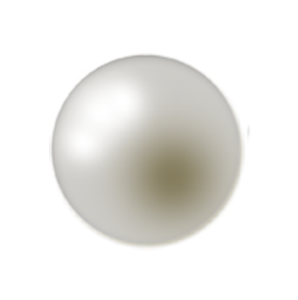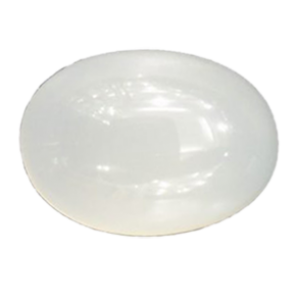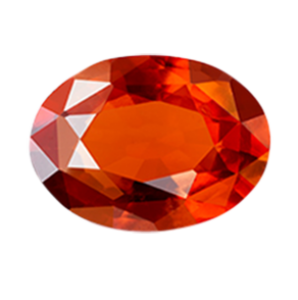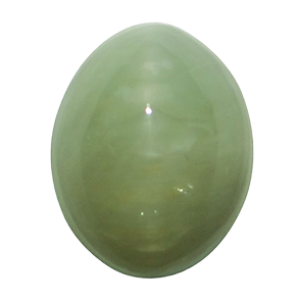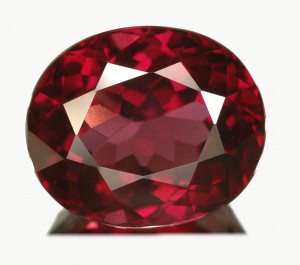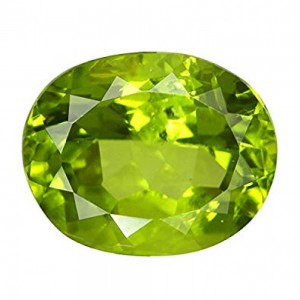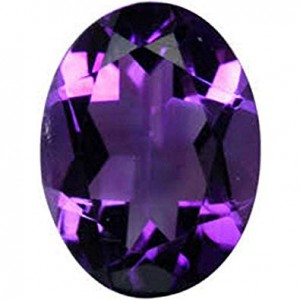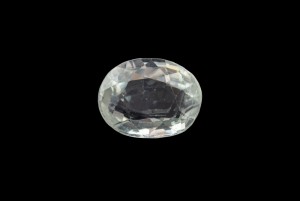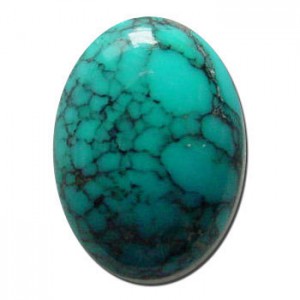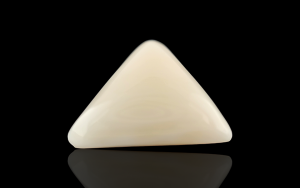Gemstone Buying Guide
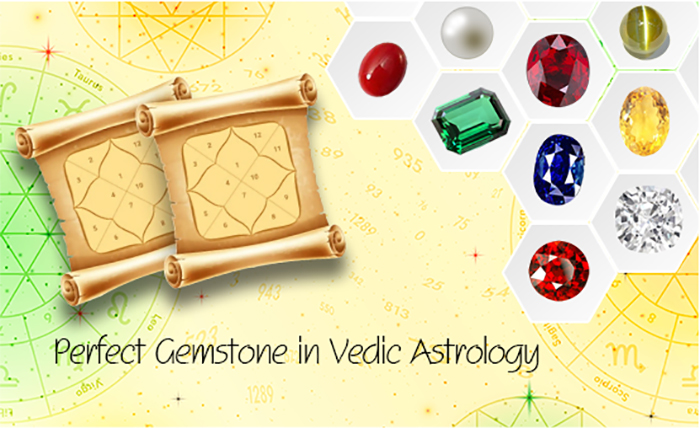
What are Gemstones?
Gemstones are natural or lab-created minerals, rocks, or even organic materials that are carefully cut and polished for use in jewelry and astrology. They have been valued for centuries, not only for their beauty but also for their symbolic and cultural meanings. The appeal of any gemstone mainly comes from its color, clarity, and durability. A vibrant and pure color makes a stone more attractive, while fewer inclusions or internal marks increase its clarity and value. Durability, which refers to hardness and strength, ensures the gemstone lasts longer and can withstand daily wear.
Apart from their ornamental charm, gemstones are also chosen for astrological benefits, healing properties, and as birthstones linked with specific months. Whether you are buying gemstones for personal use or jewellery, understanding these basics is the first step in a gem guide.
How Gemstones are Graded?
When buying gemstones, it is important to know how they are graded, as this directly affects their quality and price. Gem grading is usually based on the “Four Cs” similar to how diamonds are evaluated but with slight variations depending on the type of stone.
Color
The most important factor for most gemstones. A rich, evenly distributed color with the right tone and saturation makes the stone more valuable. For example, a deep blue sapphire or a bright green emerald is highly prized.
Clarity
Clarity refers to the presence of inclusions or internal flaws. While minor inclusions are common and often acceptable, gemstones with high transparency and fewer visible marks are considered superior.
Cut
The cut determines how well a gemstone reflects light. A well-cut gemstone looks lively and brilliant, while a poorly cut one may appear dull, even if its color is good.
Carat Weight
This measures the gemstone’s size. Larger gemstones are rarer and usually more expensive, though quality factors like color and clarity often outweigh size.
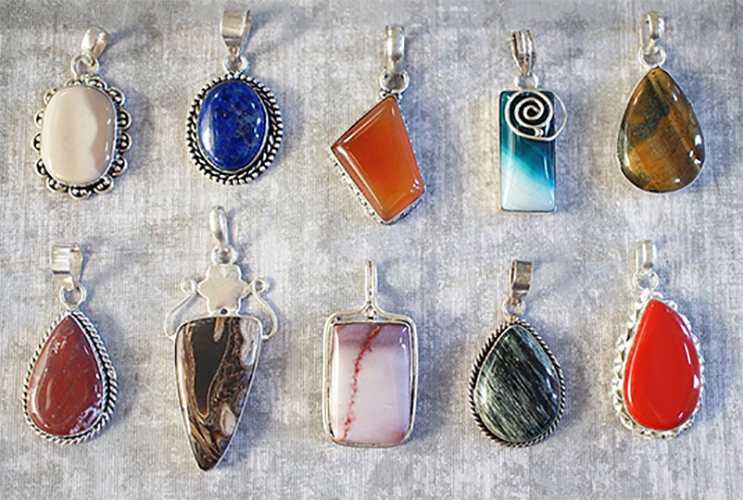
Gemstone grading can also include origin (where the stone is mined) and treatment (whether it has been heat-treated or enhanced). Both play an important role in determining authenticity and value when buying gemstones.
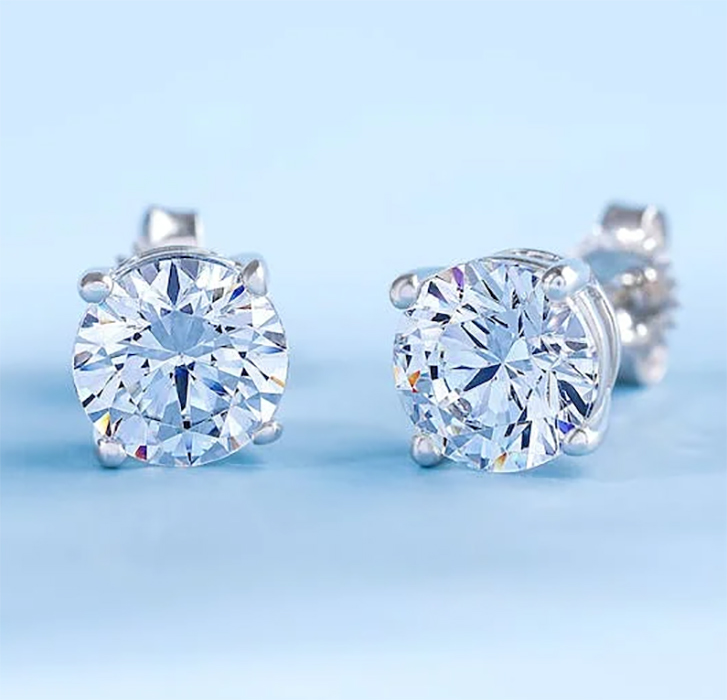
Which Gemstone is Right for Me?
The choice of gemstone largely depends on your purpose. If you are buying gemstones for jewellery, the selection usually revolves around personal style, favorite colors, and budget. In such cases, durability also plays an important role stones like sapphire, ruby, and diamond are well-suited for daily wear, while softer gems such as opal or pearl are better reserved for occasional use. On the other hand, if your goal is astrological or spiritual, gemstones are often chosen based on birth charts and planetary influences. For example, yellow sapphire is linked with Jupiter, while blue sapphire is associated with Saturn. Since each stone is believed to carry a specific energy, it is always wise to consult an expert astrologer before making a decision. Another popular approach is choosing birthstones, where each month of the year is connected to a particular gem, such as emerald for May or ruby for July. Understanding these options gives you clarity, and in the following steps, this gem guide will show you how to select the right gemstone that matches your needs and fits your budget with ease.
How to Select the Right Gemstone?
Selecting the right gemstone requires careful consideration to ensure you get a stone that matches your purpose, quality expectations, and budget. Follow these key steps to make a confident choice:
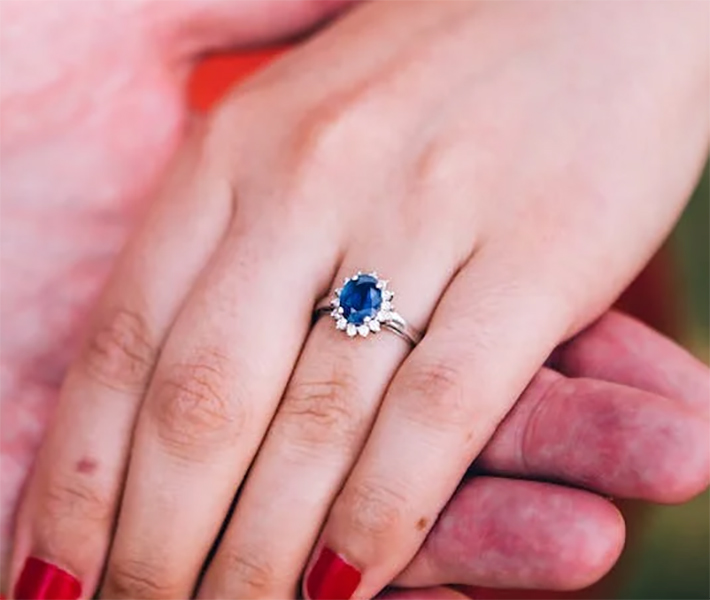
Determine Your Purpose
The first step in choosing a gemstone is to understand why you are buying it. Some people select gemstones for astrological benefits, while others prefer them as birthstones or for fashion jewelry. Knowing your purpose will help you pick the right stone in terms of type, size, and quality. For example, if you are buying for astrology, you may need a natural, untreated gemstone, while for jewelry, design and aesthetics might be the priority.
Set a Budget
Gemstones come in a wide range of prices depending on their rarity, origin, size, and quality. By setting a clear budget in advance, you can avoid confusion and focus only on stones within your price range. This step also prevents overspending while still ensuring you get the best value for your money.
Check the Color Quality
Color is the most important factor that makes a gemstone visually appealing. Always look for stones with vivid, evenly distributed color and minimal dullness. A gemstone with strong, natural color not only looks beautiful but also holds higher value in the market.
Assess Clarity and Inclusions
Every gemstone may have some natural inclusions, but fewer and less visible flaws mean better clarity and higher value. When selecting, examine the stone closely under light to ensure that inclusions do not affect its brilliance or durability. For premium gemstones, higher clarity is usually preferred.
Consider Durability
If you plan to wear the gemstone daily, durability is a key factor. Harder gemstones like sapphire, ruby, and diamond are suitable for regular use, while softer stones like pearl, coral, or opal should be worn with extra care to avoid damage. Matching the stone’s durability to your lifestyle ensures it lasts longer.
Verify Certification
Always choose gemstones that come with a certificate of authenticity from trusted labs such as GIA, IGI, or GTL. Certification confirms that the gemstone is natural, untreated, and accurately graded for quality. Buying certified gemstones protects you from fakes and gives you complete peace of mind.
What Should I Be Careful About Before Buying a Gemstone?
Buying a gemstone requires careful attention, as not all stones on the market are genuine or high quality. Many gemstones are treated, enhanced, or even imitated, so it’s important to be aware of potential pitfalls before making a purchase.
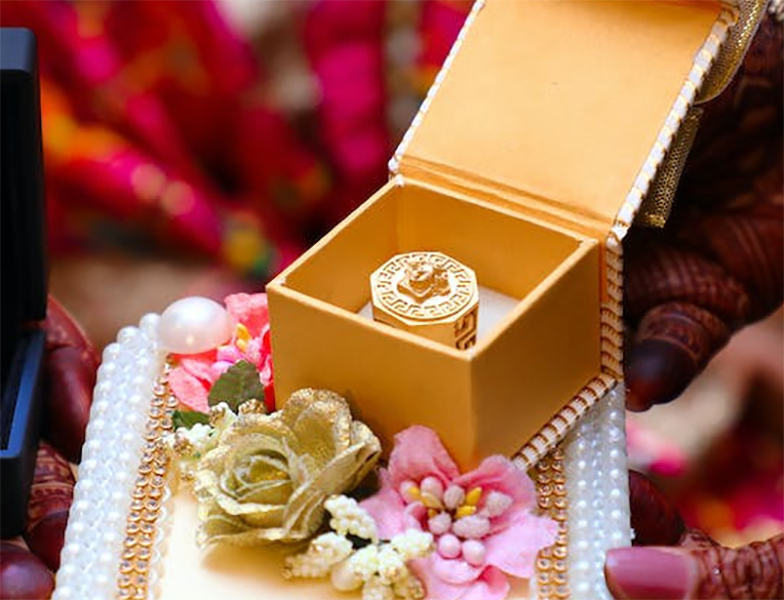
Start by verifying certification . A credible certificate from a recognized gem lab confirms the authenticity, origin, and treatment of the gemstone. This is especially important for rare or expensive stones, where even small differences in quality can impact value significantly.
Next, choose a trustworthy seller like HTP Gemstones, we offer certified, genuine gemstones and gemstone jewellery, ensuring transparency and professional guidance. Avoid deals that promise unusually low prices, as they often indicate compromised quality or synthetic stones.
Also, pay attention to the physical attributes of the gemstone color, clarity, cut, and size all influence both appearance and durability. Understanding these factors helps you make an informed choice rather than relying solely on price or marketing claims.
How Should I Wear a Gemstone?
After selecting the right gemstone, wearing it correctly is essential to ensure both its longevity and effectiveness. Gemstones are typically worn as jewelry, and choosing the proper metal and setting can protect the stone while complementing its astrological and physical properties. Certain traditional guidelines suggest which metals work best with specific stones to bring optimal benefits.
For example, some gemstones are believed to give better results when in direct contact with the skin, so the design of the jewelry should allow this naturally. Rings, pendants, or bracelets are common choices, but the setting should secure the stone while allowing it to rest comfortably against the body.
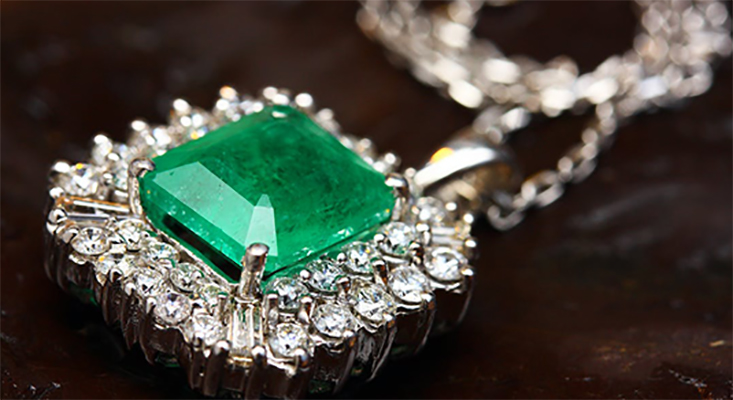
Those who follow Vedic practices may also observe specific rituals or procedures when wearing their gemstone, such as choosing an auspicious day or performing a brief ceremony. Paying attention to these details ensures that the gemstone serves its purpose effectively and maintains its quality for years to come.
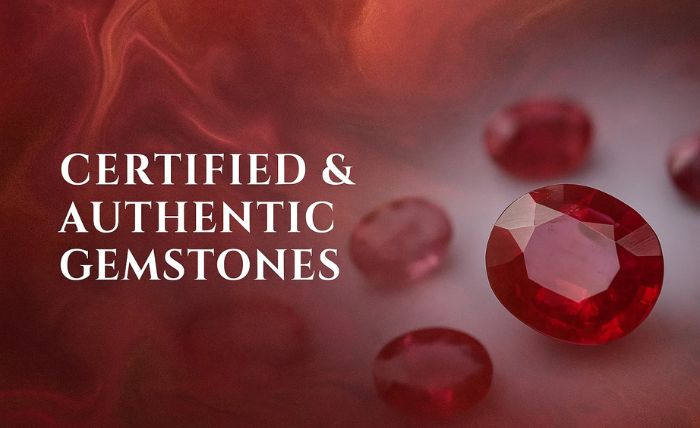
Where to Purchase Certified Gemstones?
When buying a gemstone, ensuring its authenticity is just as important as selecting the right stone. Certified gemstones provide proof of quality, origin, and any treatments, giving you confidence in your purchase.
It’s best to buy from reputable and experienced sellers who specialize in genuine stones. HTP Gemstones offers a wide range of certified gemstones and gemstone jewelry, each carefully examined by expert gemologists. Certificates from recognized labs like GIA, IGI, GTL, or GRS confirm that the gemstones are natural, untreated, and accurately graded.
Avoid extremely low-priced offers, as they often indicate synthetic or low-quality stones. By choosing certified gemstones from a trusted source like HTP Gemstones, you can be sure you’re investing in stones that are genuine, high-quality, and suitable for both jewellery and astrological purposes.
Frequently Asked Questions (FAQs)
HTP Gemstones Directory
Copyright © 2026 HIMATLAL T. PATADIA. All rights reserved.



